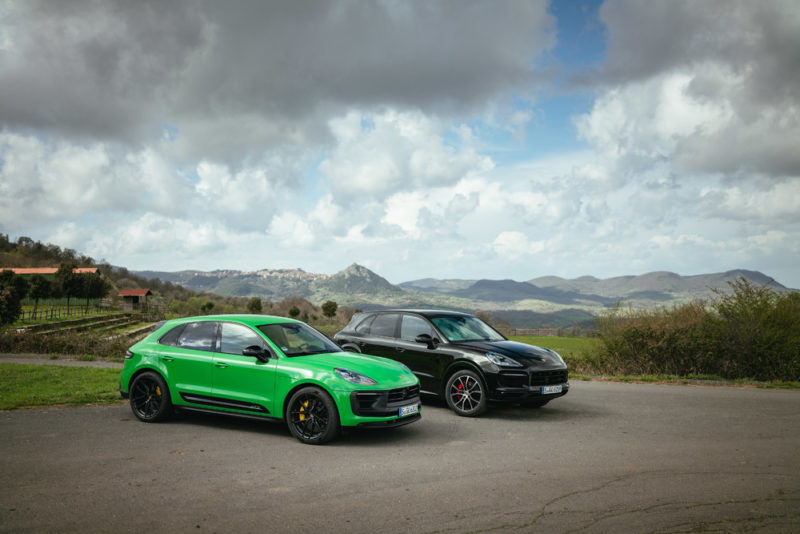
In spite of unkind external challenges Porsche managed to keep its sales performance relatively strong in the first half of 2022. So far, since January the brand has delivered a massive 145,860 units worldwide, which represents a decline of 5% over the same period in 2021. The global market conditions in 2022 have been difficult to say the least, as Porsche has had to work against ongoing supply chain and logistics nightmares. Shipping internationally has been backed up for several months, and in response Porsche increased the speed of delivery to local markets, particularly Europe and specifically Germany, to help make up for it. While Porsche deliveries are down 5% over last year globally, it managed to increase deliveries across Europe by 7%, which is a strong number no matter how you slice it. Chinese deliveries are starting to get back to normal, as the majority of the delivery deficit in 2022 was the hit it took in Q1 of the calendar year, and Q2 caught up some of those losses, actually delivering more than Q2 of last year.
When you consider that 2021 was Porsche’s highest delivery year in company history, a 5% decline isn’t quite so bad in the face of all of this adversity. Not only is Porsche facing supply chain issues in the form of the ongoing semiconductor shortage, but its wiring harnesses have been delayed and even production halted in the face of the war in Ukraine. Here in the Americas region, Porsche even faced transportation issues, in the form of an infamous ship fire which resulted in dozens of new Porsches burning up and sinking to the bottom of the Atlantic. Things are tough for Porsche while it tries to get cars out the door, but the company should remain optimistic that it retains so much demand in the market despite short deliveries.

“We and our dealers have successfully navigated a first half-year shaped by external factors and uncertainties,” says Detlev von Platen, Board Member for Sales and Marketing at Porsche AG. “In addition to the difficulties posed by the resurgence of the COVID pandemic in China and other markets, ongoing supply-chain- and logistics-related challenges have accompanied us. At the same time, the desirability of our brand and popularity of our products remains strong. We expect the second half-year to be dynamic. As in previous years, we are optimistic about the future and determined to go full steam ahead with the remaining months of the year. We are heading into the third quarter full of energy and optimism and, in addition to deliveries, we continue to focus on unique brand experiences for our customers.”
As would stand to reason, Porsche’s most popular model globally remains the original Porsche SUV, the Cayenne. Globally the Cayenne has been responsible for 41,947 deliveries in 2022 so far, while the Macan comes in second at 38,039 units meeting new customers. The 911 is the highest of the company’s car lineups with 21,616 delivered. The Taycan could have done a little better, having delivered just 18,877 units thus far this year, but supply chain bottlenecks particularly impacted the electric sedan. Panamera followed just behind with 15,604 cars going out the door. Once Porsche’s most popular car of all time, the Boxster and Cayman have been relegated to last on the sheets with just 9,777 cars delivered.
